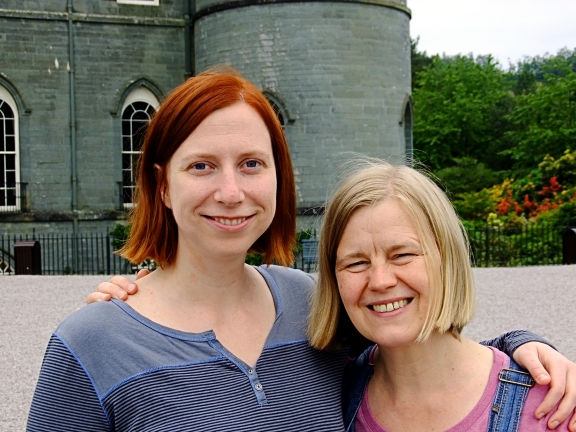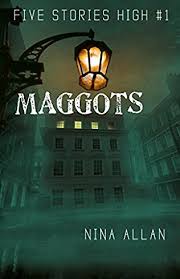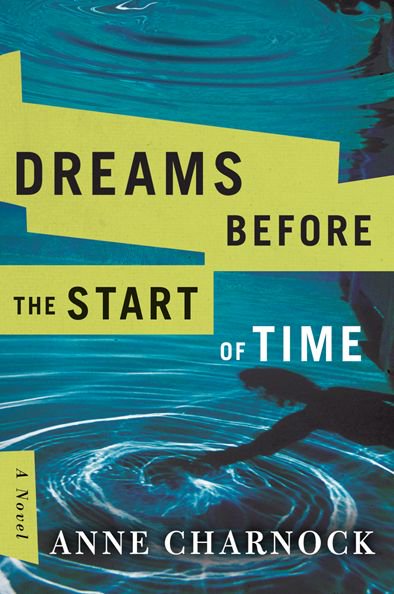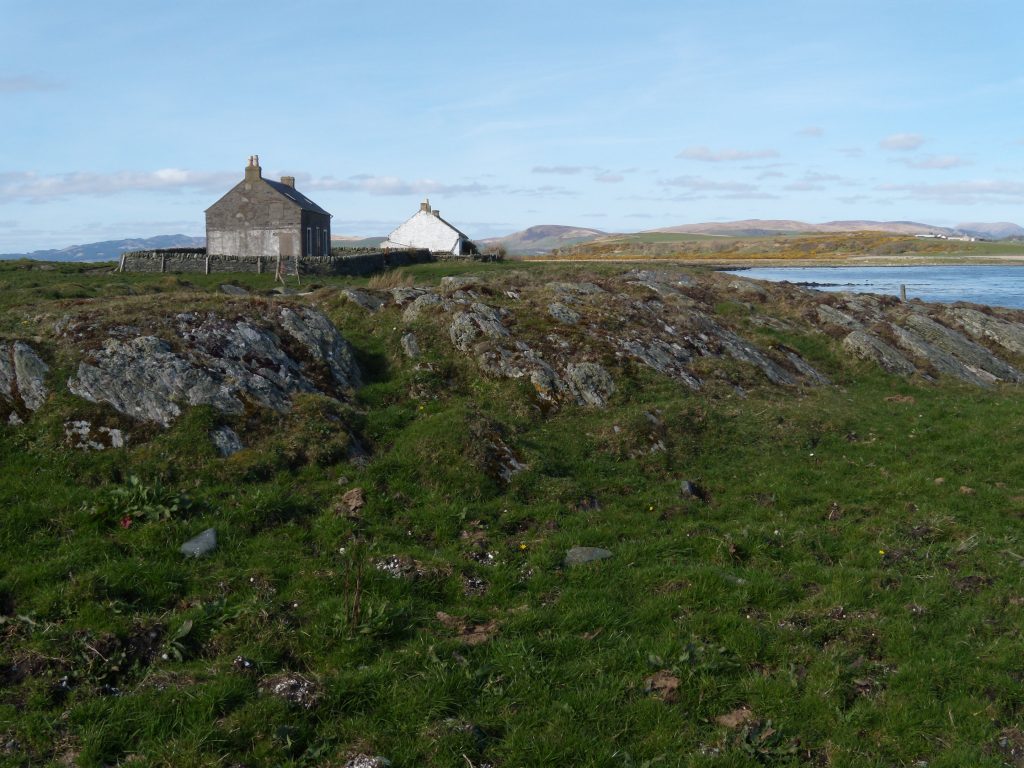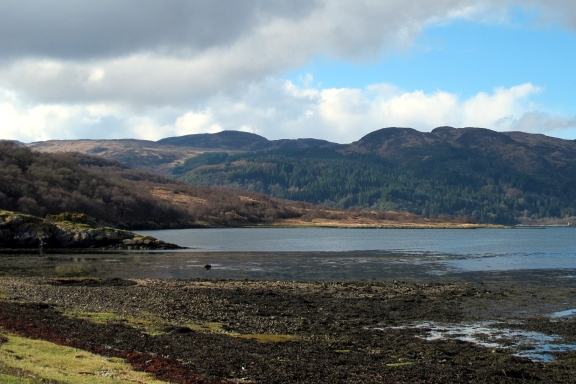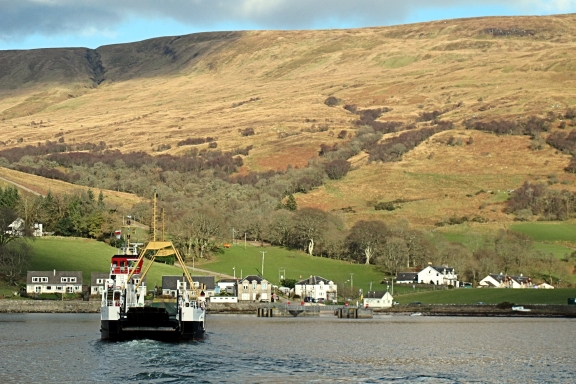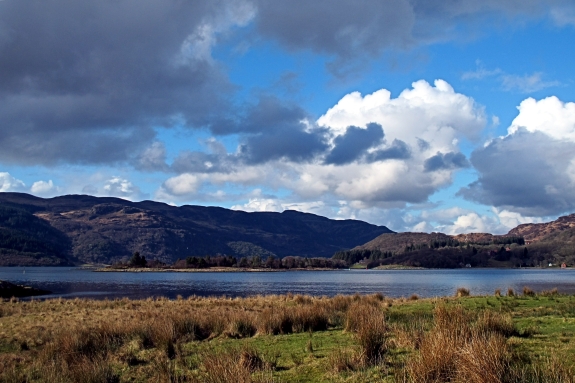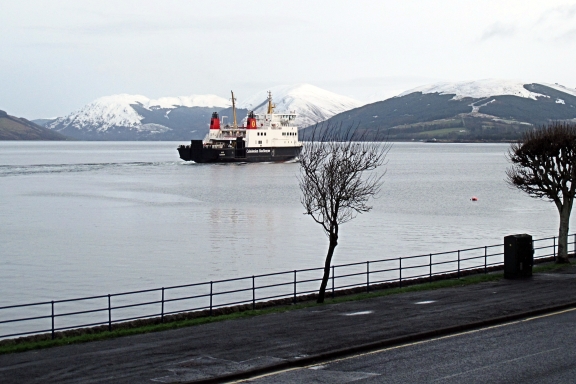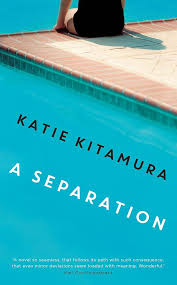 A tourist – almost by definition, a person immersed in prejudice, whose interest was circumscribed, who admired the weathered faces and rustic manners of the local inhabitants, a perspective entirely contemptible but nonetheless difficult to avoid. I would have irritated myself in their position. By my presence alone, I reduced their home to a backdrop for my leisure, it became picturesque, quaint, charming, words on the back of a postcard or a brochure. Perhaps, as a tourist, I even congratulated myself on my taste, my ability to perceive this charm, certainly Christopher would have done so, it was not Monaco, it was not Saint-Tropez, this delightful rural village was something more sophisticated, unexpected.
A tourist – almost by definition, a person immersed in prejudice, whose interest was circumscribed, who admired the weathered faces and rustic manners of the local inhabitants, a perspective entirely contemptible but nonetheless difficult to avoid. I would have irritated myself in their position. By my presence alone, I reduced their home to a backdrop for my leisure, it became picturesque, quaint, charming, words on the back of a postcard or a brochure. Perhaps, as a tourist, I even congratulated myself on my taste, my ability to perceive this charm, certainly Christopher would have done so, it was not Monaco, it was not Saint-Tropez, this delightful rural village was something more sophisticated, unexpected.
(Katie Kitamura, A Separation)
Feeling desperately in need of a different kind of reading experience after a surfeit of Sharke reading, I sneaked a brief but delicious forty-eight hours with Katie Kitamura’s third novel, A Separation. I’ve been meaning to read Kitamura for a while and goodness, what a writer. I found A Separation to be pretty much a perfect novel, if there is such a thing. By sheer coincidence it also forms a fascinating dialogue with Martin MacInnes’s Infinite Ground.
Reading some of the reaction to Kitamura’s novel, I was struck by how often the question of inappropriate marketing raised its head. A sizeable constituency of readers seem aggrieved by having bought the book under what they consider to be false pretences: marketing blurbs suggested that A Separation might be described as ‘the literary Gone Girl‘. They were expecting a thriller, in other words – a mysterious disappearance, an investigation, twists, turns and revelations. They didn’t get them, or at least not in the way they had been led to believe.
Whilst I would find it churlish to blame readers for feeling disappointed – whatever A Separation is, the literary Gone Girl is not it – I always feel a particular admiration for those who, in spite of finding the novel they read to be substantially different from the novel they imagined, were prepared to give that novel its head and wound up liking it anyway.
Even while I would never describe A Separation as a thriller, I did find it thrilling, simply at the level of its prose, its adventurousness in disdaining ordinary adventure, its cutting honesty. It has all the poise and elegance of Rachel Cusk’s Outline combined with – yes – the mystery of Martin MacInnes’s Infinite Ground, which makes it the ideal book for me.
Add to that the personal weirdness of it being set in Gerolimenas, a remote fishing village in the Mani I happened to spend time in a couple of years ago while visiting my father, and my satisfaction was complete.
I especially appreciated Kitamura’s enquiry into the nature of the female narrator – what she should do, how she should be. How refreshing and what a relief, to encounter a woman protagonist whose intellect, above all, is allowed centre stage. Though I enjoyed reading Alexandra Schwartz’s review in The New Yorker – it’s a good piece of criticism – I disagree strongly with its conclusions. Kitamura’s narrator may be unnamed but she is certainly not nothing. Like so many male narrators before her, she guards her privacy. If she overturns reader expectations of how a woman should react – how she should think, even – then that is just one more glittering facet of a solid gold book.
Highly recommended.
